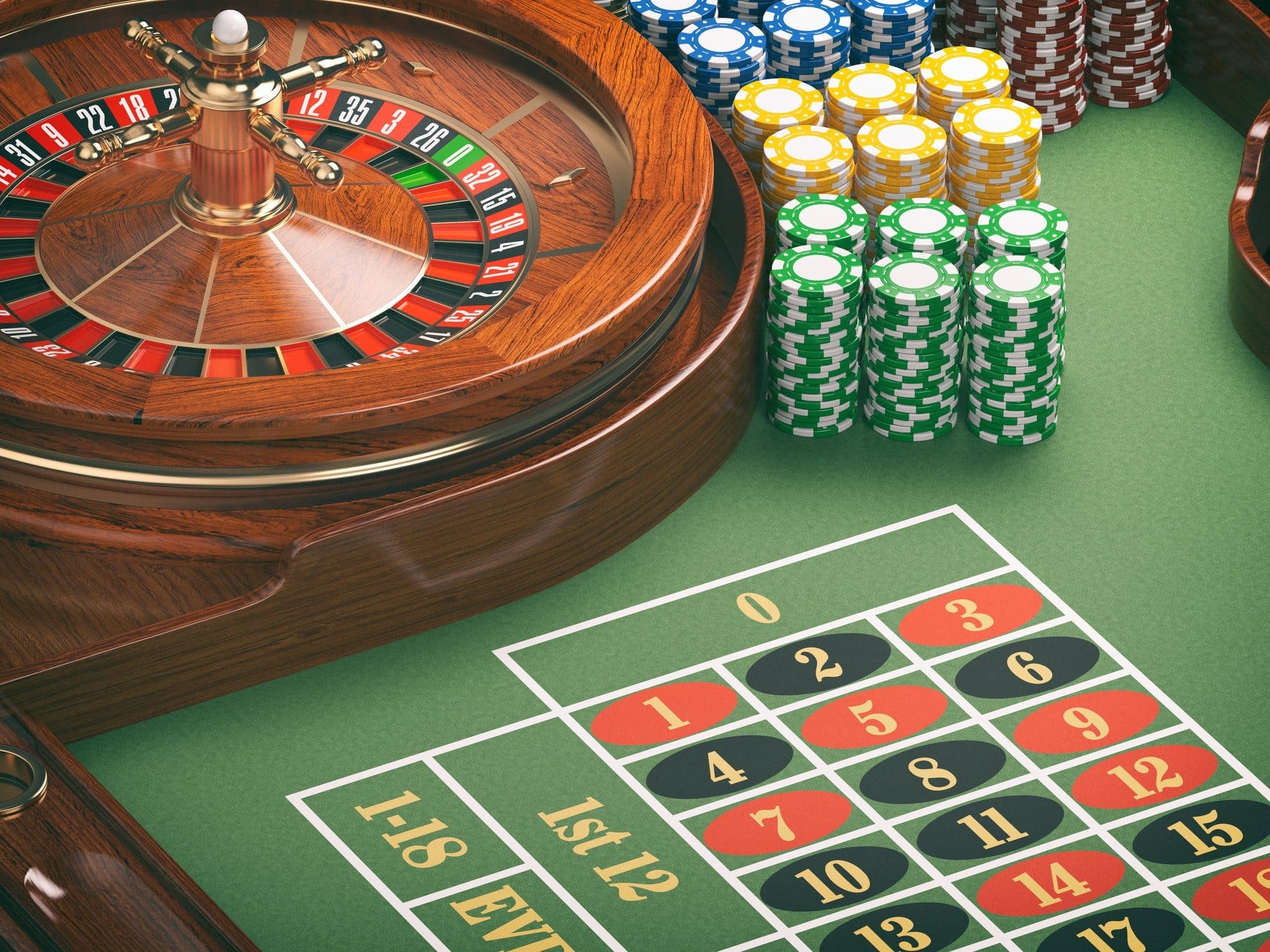
In the lively world of betting, gambling house activities have long enthralled the attention of players around the globe. These options, ranging from classic card options like blackjack to the rotating reels of slot machines, offer an intriguing blend of chance and tactics. While luck undeniably plays a significant role in determining outcomes, the role of expertise in many gambling games cannot be neglected. Comprehending how knowledge influences gameplay can enhance not only a participant’s experience but also their likelihood of achievement. Rút tiền Vua88
As we delve deeper the mechanics of gambling options, it becomes apparent that some need a solid grounding of knowledge and planning. Games like poker require more than just fortune; they call for critical thinking, emotional insight, and calculated decision-making. In comparison, other activities, such as roulette and slot machines, are primarily based on randomness, allowing players to rely exclusively on fortune. This contrast raises fascinating questions about what genuinely drives success in the world of casinos and how a participant’s competences can sway the outcome in their favor.
Comprehending Skill vs. Luck in Casino Games
In the world of casino games, the debate between skill and luck is a long-standing one. Several games are frequently divided into two categories: those that depend predominantly on chance, such as slot machines and the wheel, and those where skill plays a significant role, like poker and blackjack. The distinction is important because it affects not only gameplay strategies but also the approach players take when engaging with these games. While luck can play a critical role in the immediate, skilled players can increase their odds of winning over the extended period in skill-based games.
Skill-based games, especially poker, demand players to understand probability, human behavior, and game strategies. A seasoned poker player can read opponents, make calculated bets, and know when to fold, all of which can lead to greater successful outcomes. Conversely, in games that are purely chance-driven, no amount of skill can alter the odds. This implies that although a player may win big in one session, their success may frequently be at the mercy to the whims of chance results rather than any tactical expertise.
Ultimately, both skill and luck coexist in the world of casino games, creating a dynamic environment for players. While games of chance can provide thrill and instant gratification, proficiency and strategy in skill-based games offer a deeper level of engagement for those prepared to invest time in refining their craft. This interaction between skill and luck defines the experiences of players and shapes their connection with the games they choose to play.
The Impact of Skill on Game Outcomes
In the world of gambling games, proficiency plays a crucial role in determining the outcomes, especially in activities where strategy and choices are paramount. For instance, in the game of poker, players must examine rivals, calculate odds, and make strategic bets to enhance their chances of succeeding. Unlike activities that rely purely on chance, such as slot machines or the roulette wheel, poker demands an understanding of both the game mechanics and the behavior of other players, making skill a critical component of victory.
Additional strategy-based games, like blackjack, also highlight the importance of player skill. Understanding of basic tactics, card counting, and when to hit or stand can dramatically influence the casino advantage. A proficient 21 player can reduce this edge and boost their chances of success significantly. This contrasts with games that do not allow for such tactical play, demonstrating how the level of skill directly affects the possibility for positive results.
Moreover, even within games deemed primarily chance-driven, like craps, the choices made by players can influence their overall success. Choosing the right bets, comprehending the likelihoods of different outcomes, and controlling one’s bankroll are essential factors that can enhance a player’s experience and results. Thus, while luck remains a component in casino games, ability can substantially affect how efficiently participants navigate these environments, leading to more positive outcomes.
Approaches for Skillful Play in Casinos
To thrive in casino games, players must develop a solid grasp of the rules and odds involved in every game. This foundational knowledge enables individuals to make informed decisions, especially in skill-based games like Texas Hold’em and 21. Vua88 Becoming acquainted oneself with game tactics, such as card counting in blackjack or recognizing wagering trends in Texas Hold’em, can significantly enhance a player’s odds of winning. Practicing these strategies through practice games or low-risk games allows players to refine their skills without risking substantial amounts of cash at risk.
A further key strategy is bankroll management. Players should set a budget before entering the gaming establishment and adhere to it strictly. This involves deciding how much they are prepared to lose and imposing restrictions on how much they will bet in every gaming session. By keeping a disciplined approach to spending, players can prolong their play and reduce the chance of significant losses. Additionally, taking time-outs can help maintain a clear mind and prevent impulsive decisions that often lead to bad gameplay.
Ultimately, managing emotions is crucial in the high-stakes environment of a casino. Players must be adept at controlling their emotions, particularly during times of success or defeats streaks. Staying attentive and not allowing emotions influence gameplay can lead to more rational decisions. Methods such as taking deep breaths or stepping away from the gaming table during heated moments can help maintain composure. By cultivating a balanced mindset, players can approach gambling games with assurance and expertise, thereby improving their complete experience and outcomes.
